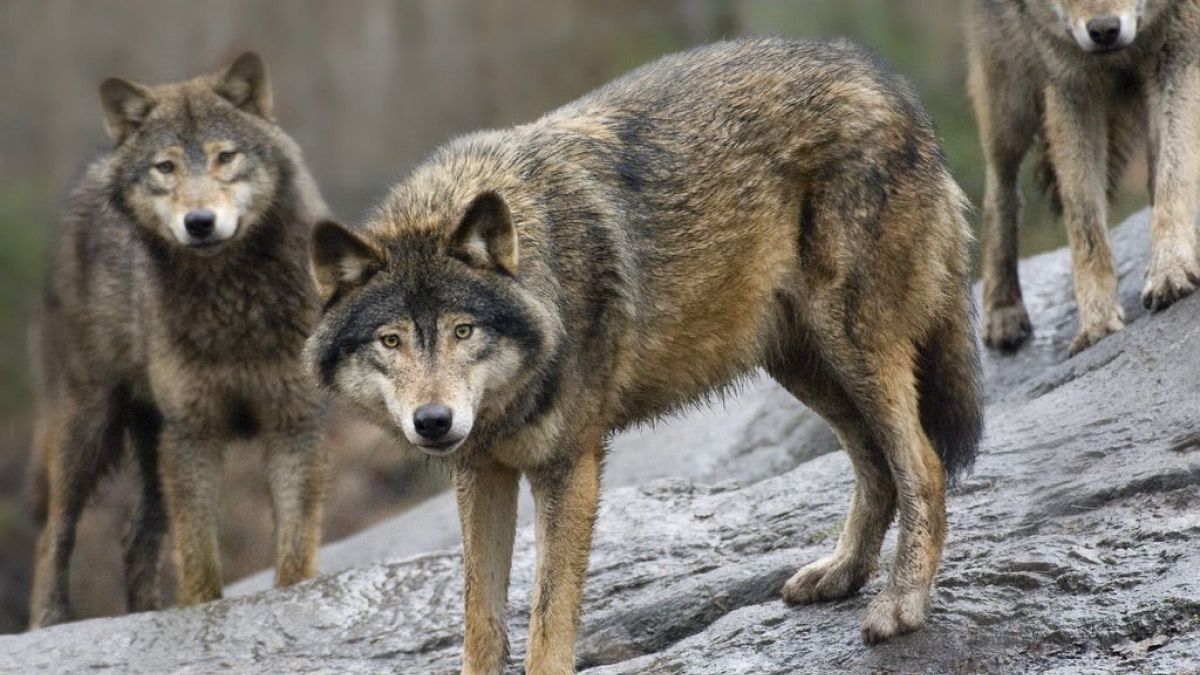Nature conservationists have raised concerns over a recent back-room agreement between EU governments and the European Commission to ease protections for wolves in Europe. The agreement, which was met with widespread criticism, would potentially allow for the routine culling or hunting of wolves. The decision to downgrade the status of wolves under the Bern Convention on wildlife conservation has been heavily criticized by green groups as being harmful to biodiversity and a setback for conservation efforts.
The tipping point in favor of the EU executive’s proposal was largely due to the support of powerful voices like Germany, using the weighted voting system in the EU Council. The proposal suggests downgrading the status of wolves from ‘strictly protected’ to ‘protected,’ potentially leading to amendments in the Habitats Directive to ease protection for the species. Only Ireland and Spain have indicated their intention to vote against the proposal, with smaller member states planning to abstain. Green groups have condemned the decision, accusing the EU and German government of succumbing to scaremongering campaigns rather than relying on facts and pragmatic solutions.
While conservationists view the agreement as a setback for biodiversity and conservation efforts, the center-right European People’s Party (EPP) sees it as a positive step. The EPP has attributed the decision to years of persistent pressure from the largest group in the European Parliament. MEPs from the EPP believe that the increase in wolf populations poses a threat to pastoral farming, tourism, and rural communities in Europe. The European Commission has welcomed the agreement, emphasizing that member states must still maintain a favorable conservation status for the species even after the change in status.
The move to potentially ease protections for wolves in Europe has sparked a debate between conservationists and farming lobby groups. While conservationists argue that the decision undermines European democracy and cohesion, farming lobby groups like Copa-Cogeca support the decision as listening to the needs of farmers and rural dwellers. The European Commission has clarified that the proposal only concerns the status of wolves and not other protected species. The agreement is set to be tabled at a meeting of the Standing Committee of the Bern Convention in December, following endorsement by ministers.
In the lead-up to the COP16 conference of parties to the UN Convention on Biological Diversity in Colombia, the decision to ease protections for wolves in Europe has been met with strong criticism and concern. Conservationists believe that the move sets a dangerous precedent and undermines conservation efforts at a critical time. The green groups emphasize the importance of living harmoniously with species like wolves and protecting biodiversity for future generations. The agreement reflects a broader debate about balancing conservation efforts with the needs of rural communities and farming interests in Europe.


























